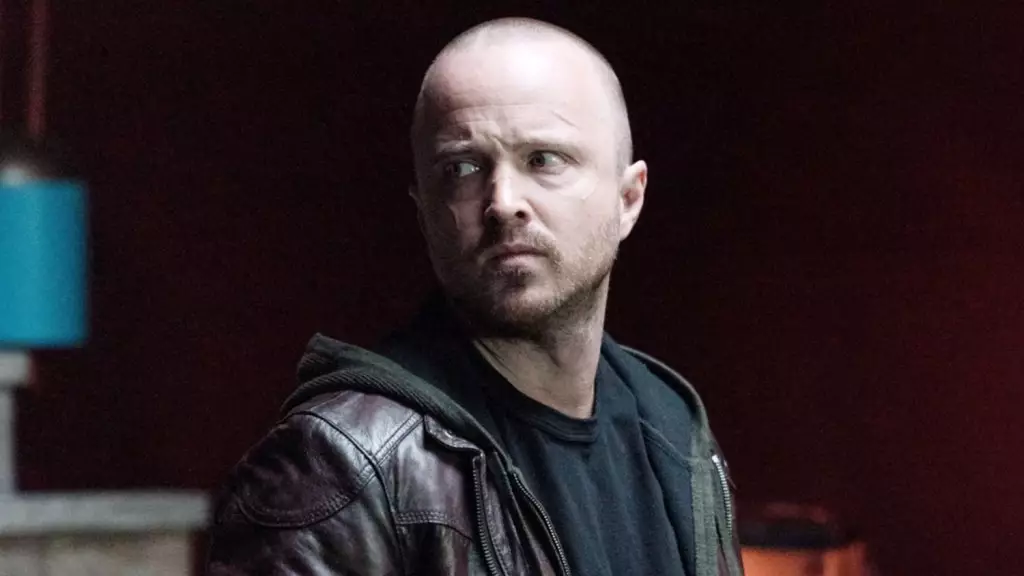In a recent interview, renowned actor Aaron Paul shed light on the concerning issue of actors not receiving residual payments for their work being streamed on platforms such as Netflix. The ongoing SAG-AFTRA strike has brought this matter to the forefront, emphasizing the need for fair compensation in the ever-evolving landscape of television and streaming.
Paul expressed his incredulity over the fact that he does not receive a piece of the pie from Netflix for the immense success of the hit series Breaking Bad. He lamented the absence of residuals for actors, particularly when their shows continue to thrive on streaming platforms. Seeing Breaking Bad trending on Netflix served as a stark reminder of the undeniable longevity and popularity of these shows.
Furthermore, Paul expressed his belief that many streaming services have taken advantage of the lack of proper compensation for actors. He argued that it is high time for these streamers to acknowledge their responsibility and pay actors a fair wage. This demand lies at the heart of the ongoing strike, as actors fight for their rights and the recognition they deserve.
Bryan Cranston, Paul’s co-star from Breaking Bad, joined the conversation, reflecting on the importance of fighting for a better contract with the Alliance of Motion Picture and Television Producers (AMPTP). Cranston highlighted the diminishing returns from broadcast television, with residuals steadily decreasing year after year. Gone are the days when actors could rely on residuals, international sales, and DVD revenue to sustain their livelihood.
The entertainment industry has undergone significant transformations, with streaming services usurping traditional forms of viewing. As television paradigms shift, it becomes increasingly crucial for actors to negotiate contracts that reflect the changing dynamics. The current strike serves as a reminder that the compensation structure must adapt accordingly.
The Breaking Bad mini-reunion at the picket line showcased the unity among actors in their pursuit of fair treatment. The battle for just compensation extends beyond individual performances; it is a fight for the industry as a whole. Supporting one another and standing together, actors advocate for a system that values their contributions and acknowledges the significance of their work.
The ongoing strike and the voices of actors like Aaron Paul and Bryan Cranston serve as catalysts for change. As the industry confronts the need for a new framework, it is imperative that the dialogue surrounding fair compensation continues. With actors demanding their rightful share in the streaming era, the groundwork is being laid for a future where value and remuneration align.
The absence of residual payments for actors on streaming services has ignited a much-needed conversation about fair compensation. Aaron Paul’s revelation sheds light on an industry that must adapt to the realities of a changing television landscape. The strike serves as a collective outcry, demanding acknowledgment of actors’ contributions and the implementation of fair wages in the streaming era. The path to progress lies in standing together, advocating for change, and ensuring that the industry evolves alongside the mediums through which content is consumed.

